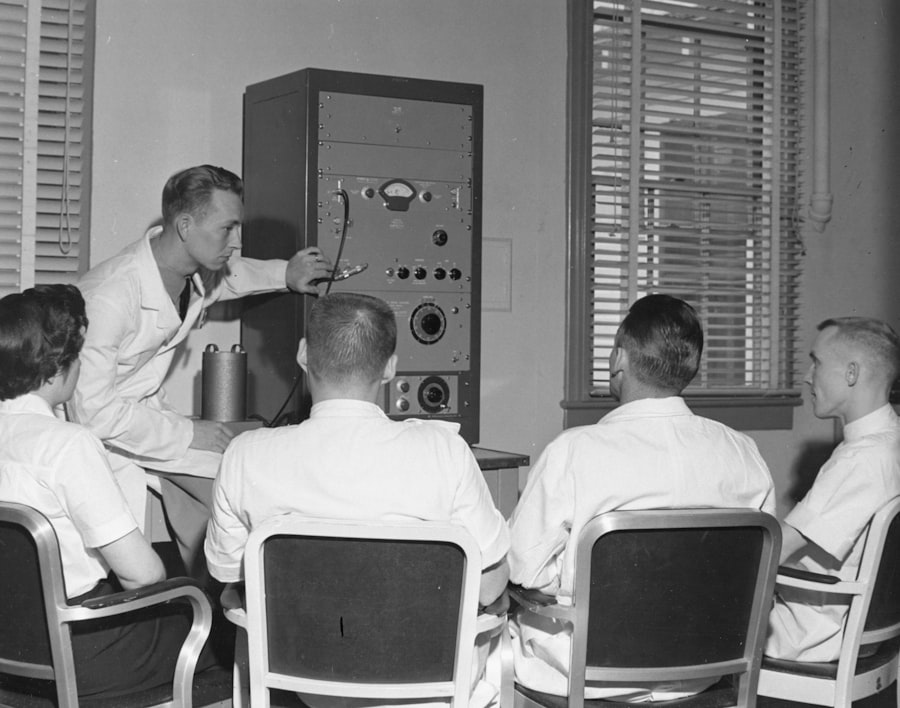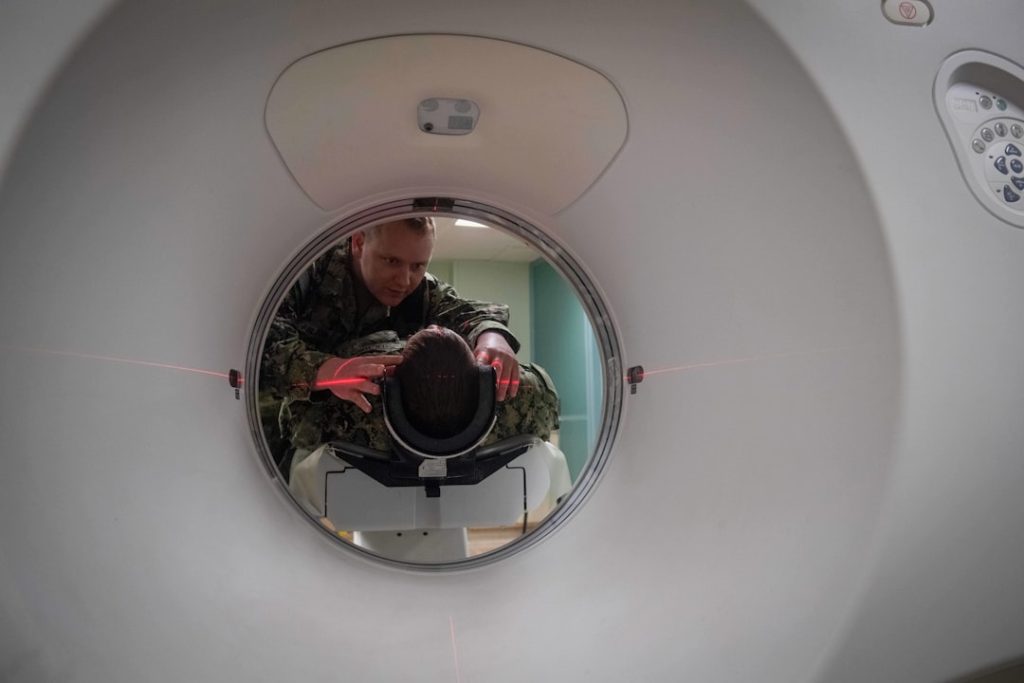Paid medical research studies are structured investigations designed to evaluate the safety and efficacy of new drugs, medical devices, or treatment protocols. These studies are often conducted by pharmaceutical companies, academic institutions, or contract research organizations (CROs) and are essential for advancing medical knowledge and improving patient care. Participants in these studies may be healthy volunteers or individuals with specific medical conditions, depending on the study’s focus.
The primary goal is to gather data that can lead to regulatory approval from agencies like the U.S. Food and Drug Administration (FDA) or the European Medicines Agency (EMA). The process of conducting paid medical research studies typically involves several phases, each with distinct objectives.
Phase I studies primarily assess safety and dosage, often involving a small group of healthy volunteers. Phase II studies focus on efficacy and side effects, while Phase III studies compare the new treatment against standard therapies in larger populations. Each phase is meticulously designed to ensure that the data collected is robust and reliable, ultimately contributing to the body of evidence needed for clinical practice.
Participants play a crucial role in this process, as their experiences and outcomes provide invaluable insights into how new treatments perform in real-world scenarios.
Key Takeaways
- Paid medical research studies offer financial compensation for participation in clinical trials and health research.
- Participants can benefit from access to new treatments and contribute to medical advancements.
- There are risks involved, including potential side effects and privacy concerns, requiring careful consideration.
- Finding studies involves researching reputable sources and understanding application procedures.
- Ethical standards ensure participant safety and informed consent throughout the research process.
Benefits of Participating in Paid Medical Research Studies
Participating in paid medical research studies offers numerous benefits that extend beyond financial compensation. One of the most significant advantages is access to cutting-edge treatments that may not yet be available to the general public. For individuals with chronic or debilitating conditions, enrolling in a study can provide an opportunity to receive innovative therapies that could improve their quality of life.
In some cases, participants may experience benefits from treatments that are still in the experimental stage, potentially leading to better health outcomes than those available through conventional methods. In addition to access to new treatments, participants often receive comprehensive medical care throughout the study. This can include regular health assessments, laboratory tests, and monitoring by healthcare professionals.
Such oversight can be particularly beneficial for individuals who may not have regular access to healthcare services. Furthermore, participants contribute to the advancement of medical science, helping researchers understand diseases and develop new therapies that could benefit future patients. This sense of purpose can be a motivating factor for many individuals considering participation in research studies.
Risks and Considerations of Participating in Paid Medical Research Studies

While there are numerous benefits to participating in paid medical research studies, it is essential to recognize the potential risks involved. One of the primary concerns is the possibility of adverse reactions to experimental treatments. Since these therapies are often untested in humans or have limited prior use, participants may experience side effects that were not anticipated during earlier phases of research.
These side effects can range from mild discomfort to severe health complications, depending on the nature of the treatment being studied. Another consideration is the time commitment required for participation. Many studies involve multiple visits to research sites, which can be time-consuming and may disrupt daily routines.
Participants must also adhere to specific protocols, including taking medications as prescribed and attending follow-up appointments. This level of commitment can be challenging for individuals with busy schedules or those who have caregiving responsibilities. Additionally, participants should be aware that their involvement in a study may not guarantee access to the treatment after the study concludes, which can lead to disappointment if they experience positive outcomes during the trial.
Finding and Applying for Paid Medical Research Studies
| Metric | Description | Typical Range | Notes |
|---|---|---|---|
| Number of Available Studies | Count of paid medical research studies open for enrollment | 10 – 100+ | Varies by location and medical condition |
| Average Compensation | Typical payment participants receive for completing a study | 100 – 3000 | Depends on study length and complexity |
| Study Duration | Length of time participants are involved in the study | 1 day – 12 months | Shorter studies often pay less |
| Eligibility Rate | Percentage of applicants who qualify for a study | 10% – 50% | Strict criteria often reduce eligibility |
| Application Process Time | Time taken from application to acceptance | 1 day – 4 weeks | Includes screening and consent |
| Number of Participants per Study | Typical enrollment size for paid studies | 20 – 500 | Depends on study design |
| Common Recruitment Methods | Ways participants find studies | Online listings, clinics, referrals | Online platforms are increasingly popular |
Finding suitable paid medical research studies can be a straightforward process if individuals know where to look. Numerous online platforms and databases list ongoing clinical trials, allowing potential participants to search based on their location, health status, and specific interests. Websites such as ClinicalTrials.gov provide comprehensive information about studies across various medical fields, including eligibility criteria, study locations, and contact information for researchers.
Once individuals identify a study that aligns with their interests or health conditions, the application process typically involves completing a screening questionnaire. This questionnaire assesses eligibility based on factors such as age, medical history, and current medications. If deemed eligible, potential participants may be invited for an initial consultation with study coordinators or investigators.
This meeting provides an opportunity to ask questions about the study’s purpose, procedures, and any potential risks involved. It is crucial for individuals to feel comfortable and informed before committing to participation.
What to Expect During a Paid Medical Research Study
Participants in paid medical research studies can expect a structured experience that varies depending on the study’s design and objectives. Upon enrollment, individuals typically undergo a thorough screening process that includes physical examinations, laboratory tests, and assessments of their medical history. This initial evaluation ensures that participants meet the study’s eligibility criteria and helps researchers establish baseline health data.
Throughout the study, participants will follow a predetermined schedule that may involve regular visits to the research site for assessments and treatment administration. During these visits, researchers will monitor participants’ health closely, collecting data on any side effects or changes in condition. Participants may also be required to keep diaries or logs detailing their experiences with the treatment, which can provide valuable insights into its effects over time.
Communication with study staff is encouraged, allowing participants to report any concerns or side effects promptly.
Payment and Compensation for Participating in Paid Medical Research Studies

Compensation for participating in paid medical research studies varies widely depending on several factors, including the study’s duration, complexity, and location. Some studies offer modest payments for participation, while others may provide substantial compensation for more intensive involvement or longer commitments. Payment structures can include per-visit compensation or lump-sum payments at the study’s conclusion.
In addition to financial compensation, participants may receive other forms of remuneration such as reimbursement for travel expenses or free medical care during the study period. This can significantly reduce the financial burden associated with participation, making it more accessible for individuals who might otherwise struggle with healthcare costs. It is essential for potential participants to inquire about payment details during the initial consultation so they have a clear understanding of what to expect.
Ethical Considerations in Paid Medical Research Studies
Ethical considerations play a pivotal role in the conduct of paid medical research studies. The principles of respect for persons, beneficence, and justice guide researchers in ensuring that participants are treated fairly and ethically throughout the research process. Informed consent is a cornerstone of ethical research practices; participants must be provided with comprehensive information about the study’s purpose, procedures, risks, and benefits before agreeing to participate.
Institutional Review Boards (IRBs) are responsible for reviewing research proposals to ensure they meet ethical standards and protect participants’ rights. These boards assess factors such as risk-to-benefit ratios and participant recruitment methods to ensure that vulnerable populations are not exploited. Researchers must also maintain transparency regarding conflicts of interest and funding sources to uphold public trust in the research process.
Making Informed Decisions About Participating in Paid Medical Research Studies
Making an informed decision about participating in paid medical research studies requires careful consideration of various factors. Individuals should thoroughly evaluate their health status and personal circumstances before enrolling in a study. It is crucial to weigh the potential benefits against the risks involved and consider how participation might impact their daily lives.
Engaging in open discussions with healthcare providers can provide valuable insights into whether participation is advisable based on individual health conditions and treatment needs. Additionally, potential participants should not hesitate to ask questions during initial consultations with study coordinators or investigators; understanding every aspect of the study is vital for making an informed choice. Ultimately, individuals should feel empowered to make decisions that align with their values and health goals while contributing to the advancement of medical science through their participation in research studies.




